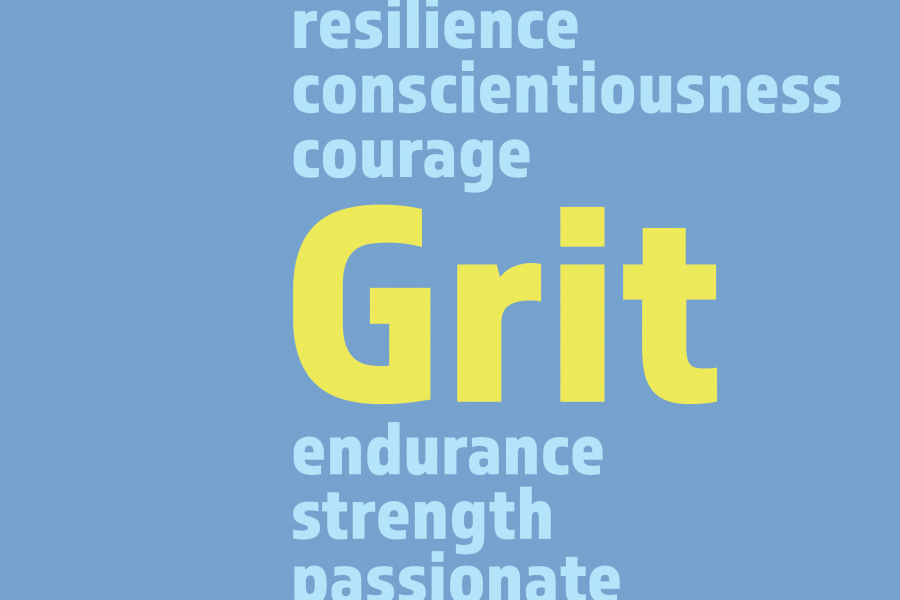
IQ is no longer the judge of smartness and success
 One of the shortcomings of our education system is that we are never explicitly taught how to learn. Of course, we’re all told what skills the best students have, but that’s merely a matter of pattern recognition — anyone with an invested interest in their success needs to simply practice what those in pedagogy have decreed to achieve positive results. Most students learn how to learn through trial and error. But trial and error can take a long time, sometimes even months or years, and many students quit before they manage to perfect their learning techniques.
One of the shortcomings of our education system is that we are never explicitly taught how to learn. Of course, we’re all told what skills the best students have, but that’s merely a matter of pattern recognition — anyone with an invested interest in their success needs to simply practice what those in pedagogy have decreed to achieve positive results. Most students learn how to learn through trial and error. But trial and error can take a long time, sometimes even months or years, and many students quit before they manage to perfect their learning techniques.
In the past, people have argued that IQ is a major contributor in who’s “smart” and who isn’t. Stephen Hawking, recognized as one of the universe’s smartest men, rebuffed that notion when he said, “People who boast about their IQ are losers.” The idea that smartness is a quality one is born with and not something that is cultivated is lazy. While there are certainly students for whom difficult subjects come easy, it’s often those who put in the energy to improve themselves that fellow students associate with the word “smart.” These are peers who persist and overcome challenges. There’s a singular quality that puts them above the fray: grit.
In lay language, grit is often used to describe small stones and sand. A beach-lover knows how impossible it is to get all that particulate matter out of their hair, clothes and car — days after a beach trip, sand still shows up. The concept of grit isn’t much different. Coined by Angela Lee Duckworth, a psychologist and academic at the University of Pennsylvania, grit describes one’s ability to keep going, essentially quantifying their resolve and strength of character.
In her TED talk, Duckworth claims she doesn’t know how to respond to parents and educators who ask her how to build grit in their kids.
“Talent doesn’t make you gritty,” Duckworth said. “Our data show very clearly that there are many talented individuals who simply do not follow through on their commitments. In fact, in our data, grit is usually unrelated or even inversely related to measures of talent.”
She goes on to claim that what best fosters grit is the “growth mindset,” an idea developed by Carol Dweck, a professor of psychology at Stanford University. Dweck’s claim is that success is not something intrinsic. Each person has certain qualities that yield success and certain qualities that do not. What one must do is constantly and consistently improve themselves. Most students have encountered this term — often when it comes to a course’s grading system. While many professors seem to encourage students to have a “growth mindset,” it only seems to be in retaliation to those who seem to be more obsessed with points and grades.
So, while there hasn’t yet been a consensus to what makes someone “gritty,” there certainly seems to be ideas on how to get there. If there’s really a vested interest in levelling the playing field, students must be taught how to learn — and how to learn well — as early as possible. Mainly, there should be much emphasis on Dweck’s “growth mindset.”
But this is not to say that students who don’t follow through with dreams, degrees or goals are incapable or flaky. It just suggests that the reasons they decided not to pursue what they wanted have nothing to do with the inequalities in our system — but rather the ineffectual ways they were taught to learn. It’s frustrating that even after years of these ideas being tested and proven repeatedly, with students of all races and socioeconomic classes, successful behavior is not taught in our education system. And whenever it is taught, the goals seem to be tangential to student success.
Grit is education’s new buzzword. And what makes it so fascinating is not that educators haven’t put a finger on who has it and who doesn’t, but rather that some students have tapped into it despite sharing the same broken system with those who haven’t. Education is the great equalizer, but somehow teaching the fundamental habits of success remains off the radar.
Written by: Samvardhini Sridharan — smsridharan@ucdavis.edu
Disclaimer: The views and opinions expressed by individual columnists belong to the columnists alone and do not necessarily indicate the views and opinions held by The California Aggie.


